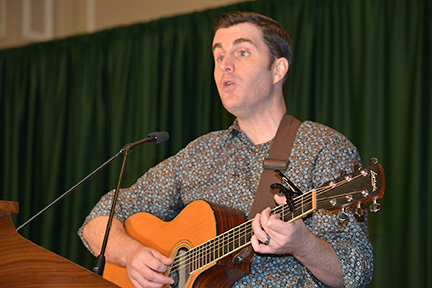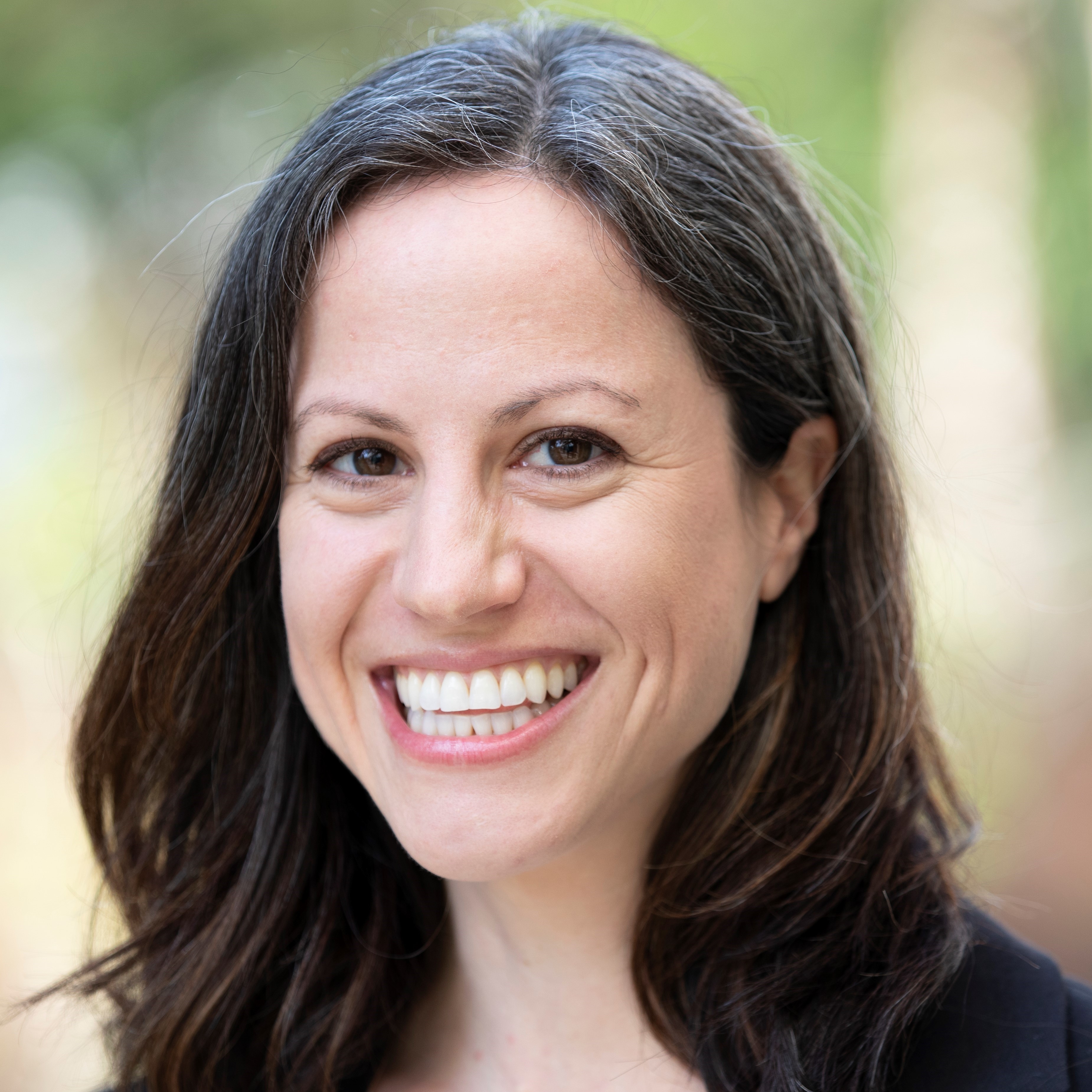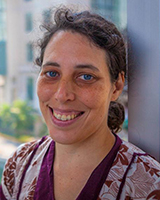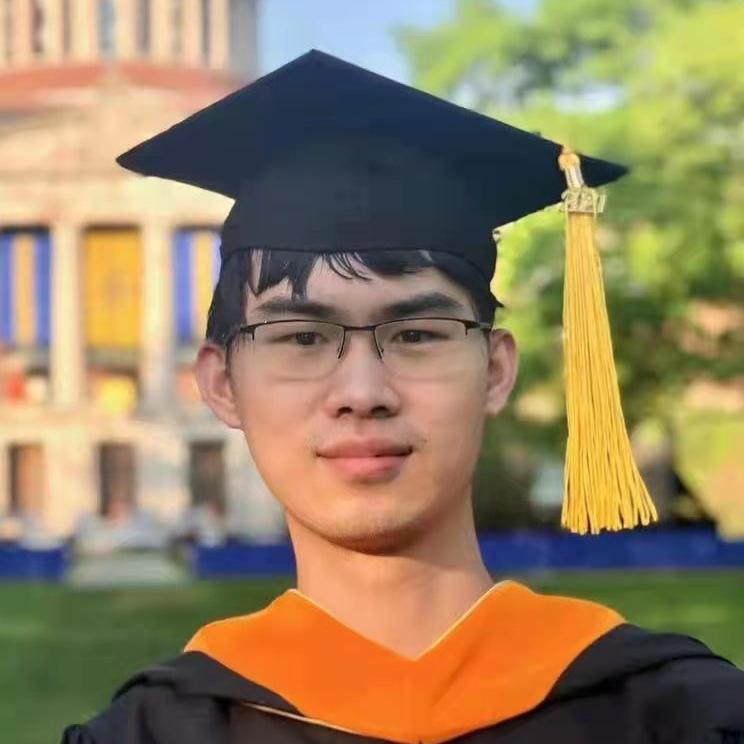Overview
The overarching goal of this workshop is to gather researchers, students, and advocates who work at the intersection of accessibility, computer vision, and autonomous systems. We plan to use the workshop to identify challenges and pursue solutions for the current lack of shared and principled development tools for data-driven vision-based accessibility systems. For instance, there is a general lack of vision-based benchmarks and methods relevant to accessibility (e.g., people with disabilities and mobility aids are currently mostly absent from large-scale datasets in pedestrian detection). Our workshop will provide a unique opportunity for fostering a mutual discussion between accessibility, computer vision, and robotics researchers and practitioners.
Invited Speakers
Schedule
| Times (CDT) | |
| 13:00-13:30 | Welcome Remarks and Challenge Results |
| 13:30-14:00 | Davide Scaramuzza - Visual Assistance for Blind People |
| 14:00-14:30 | Kristen Grauman - Video Understanding for Accessible Skill Learning |
| 14:30-15:30 | Poster Highlights + Coffee Break |
| 15:30-16:00 | Gül Varol - Towards Open-Vocabulary Sign Language Translation |
| 16:00-16:30 | Bolei Zhou - AI-assisted Micro-mobility through Large-scale Real2Sim Simulation |
| 16:30-17:00 | JP Williams - The Power of an Idea |
Abstracts
| "AVA 3D Human Motion Generation Track - 1st Place". Yang Liu, Qingming Huang, Qianqian Xu, Peisong Wen, Siran Dai |
| "AVA 3D Human Motion Generation Track - 2nd Place". Lingling Zuo, Yang Yang |
| "AVA 3D Human Motion Generation Track - 3rd Place". Prajwal Koirala |
| "AVA Navigation Instruction Generation Track - 1st Place: Automated Context-Aware Navigation Support for Individuals with Visual Impairment Using Multimodal Language Models in Urban Environments". Alton Chao, Erika Maquiling, Edmund Chao, Shyam Gupta, Roshan Sanjeev, Ross Greer, Tonko Bossen |
| "AVA Navigation Instruction Generation Track - 2nd Place". Shangjian Zhong |
| "AVA in Action: Developing a Guide Dog Robot for Blind and Low-Vision People". Hochul Hwang, Krisha Adhikari, Parth Goel, Anh Nguyen, Satya Shodhaka, Shangqun Yu, Trung M Dang, Ken Suzuki, Georges Chebly, Peter White, Joydeep Biswas, Nicholas A Giudice, Sunghoon Ivan Lee, Donghyun Kim |
| "BlindWays: An Urban Blind Navigation Dataset". Hee Jae Kim |
| "Safe Active Medical Imaging: Theoretical Foundations for Uncertainty-Guided Acquisition under Safety Constraints". Dharini Raghavan |
| "Video-based Assistive Instruction Generation Benchmark". Zhongkai Shangguan |
| "Semi-Autonomous Bike for the Blind". Eshed Ohn-Bar |
Organizers
Challenge Organization
Challenges
We are excited to announce the following challenges for 2025:
Please refer to each challenge website for more details.
Call for Papers
We encourage submission of relevant research (including work in progress, novel perspectives, formative studies, benchmarks, methods) as extended abstracts for the poster session and workshop discussion (up to 4 pages in CVPR format, not including references). CVPR Overleaf template can be found here. Latex/Word templates can be found here. Please send your extended abstracts to mobility@bu.edu. Note that submissions do not need to be anonymized. Extended abstracts of already published works can also be submitted. Accepted abstracts will be presented at the poster session, and will not be included in the printed proceedings of the workshop.
Topics of interests by this workshop include, but are not limited to:
- AI for Accessibility
- Accessibility-Centered Computer Vision Tasks and Datasets
- Data-Driven Accessibility Tools, Metrics and Evaluation Frameworks
- Practical Challenges in Ability-Based Assistive Technologies
- Accessibility in Robotics and Autonomous Vehicles
- Long-Tail and Low-Shot Recognition of Accessibility-Based Tasks
- Accessible Homes, Hospitals, Cities, Infrastructure, Transportation
- Crowdsourcing and Annotation Tools for Vision and Accessibility
- Empirical Real-World Studies in Inclusive System Design
- Assistive Human-Robot Interaction
- Remote Accessibility Systems
- Multi-Modal (Audio, Visual, Inertial, Haptic) Learning and Interaction
- Accessible Mobile and Information Technologies
- Virtual, Augmented, and Mixed Reality for Accessibility
- Novel Designs for Robotic, Wearable and Smartphone-Based Assistance
- Intelligent Assistive Embodied and Navigational Agents
- Socially Assistive Mobile Applications
- Human-in-the-Loop Machine Learning Techniques
- Accessible Tutoring and Education
- Personalization for Diverse Physical, Motor, and Cognitive Abilities
- Embedded Hardware-Optimized Assistive Systems
- Intelligent Robotic Wheelchairs
- Medical and Social and Cultural Models of Disability
- New Frameworks for Taxonomies and Terminology
Important Workshop Dates
- Updated challenge release: 3/31/2025
- Challenge submission deadline: 6/9/2025
- Workshop abstract submission deadline: 6/9/2025 (11:59PM PST, please submit extended abstracts via email to mobility@bu.edu)
- Abstract notification: 6/10/2025
- Challenge winner announcement: 6/11/2025
Previous Workshops
2nd AVA: Accessibility, Vision, and Autonomy Meet, CVPR 2023
3rd AVA: Accessibility, Vision, and Autonomy Meet, CVPR 2024
Acknowledgements
 Supported by Special Interest Group on Accessible Computing.
Supported by Special Interest Group on Accessible Computing.












